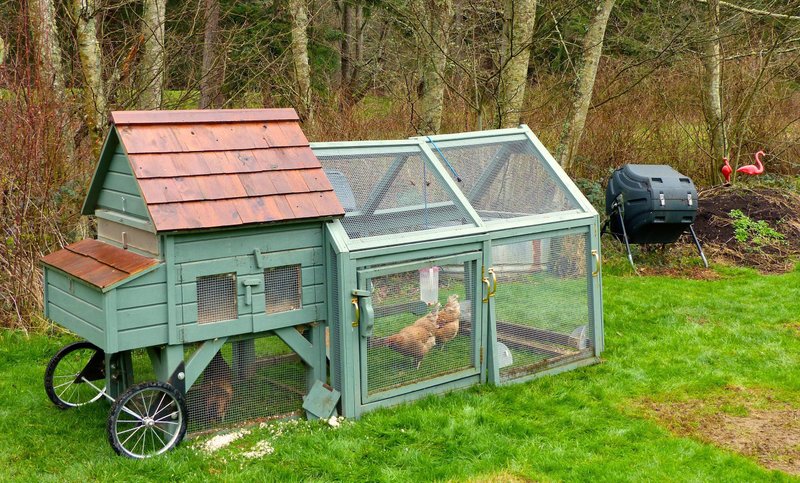Organic and synthetic fertilizers are the most common way to add nutrients to the soil, but animal manure is good, too, if you can find and transport it.
Unless applied properly, however, it can kill edible crops and cause serious gastrointestinal disorders.
"Manures are being looked at differently and the timing of their application is different now from what we've advised in the past," said Mark Hutchinson, a horticulturist with University of Maine Cooperative Extension at the Maine Compost School.
"You're no longer going to apply fresh manure and two days later do your planting. Rather, you should apply it in the fall, let a cover crop grow and allow the manures to mature," Hutchinson said. "It's a food safety issue rather than a nutrient issue. We've all seen the outbreaks of E. coli over the past couple of years."
Not all animal manures hold the same combinations or levels of nutrients. Chicken manure, for example, is especially high in ammonia, phosphorous and nitrogen. Even decomposed, it can damage tender plant roots.
Goat and sheep manure is drier and easier to apply. It gives off fewer odors, too. Horse and cattle manure contains a wide range of nutrients but lacks strength. Worm castings are extremely rich in nutrients but costly when used in large volumes.
"Most home gardeners probably won't be using fresh manure unless they have some chickens in their backyard," said Carl Rosen, a professor and head of the department of soil, water and climate at the University of Minnesota. For those who do, "you can run into problems using it because it will be too hot for your plants. You've got to compost it."
Suggestions for using animal manure properly:
• Test the soil before applying. Some nutrients remain vigorous in the ground beyond a single growing season. These enriched nutrients can infiltrate the groundwater, creating harmful algal blooms downstream that will kill aquatic wildlife and contaminate drinking water.
• Use it in moderation. Too little can result in a nutrient deficiency and low yields. Too much and you'll be growing more vegetation than fruit. "People think three or four handfuls are good when they only need one," Hutchinson said.
HomeStyle on 02/28/2015

